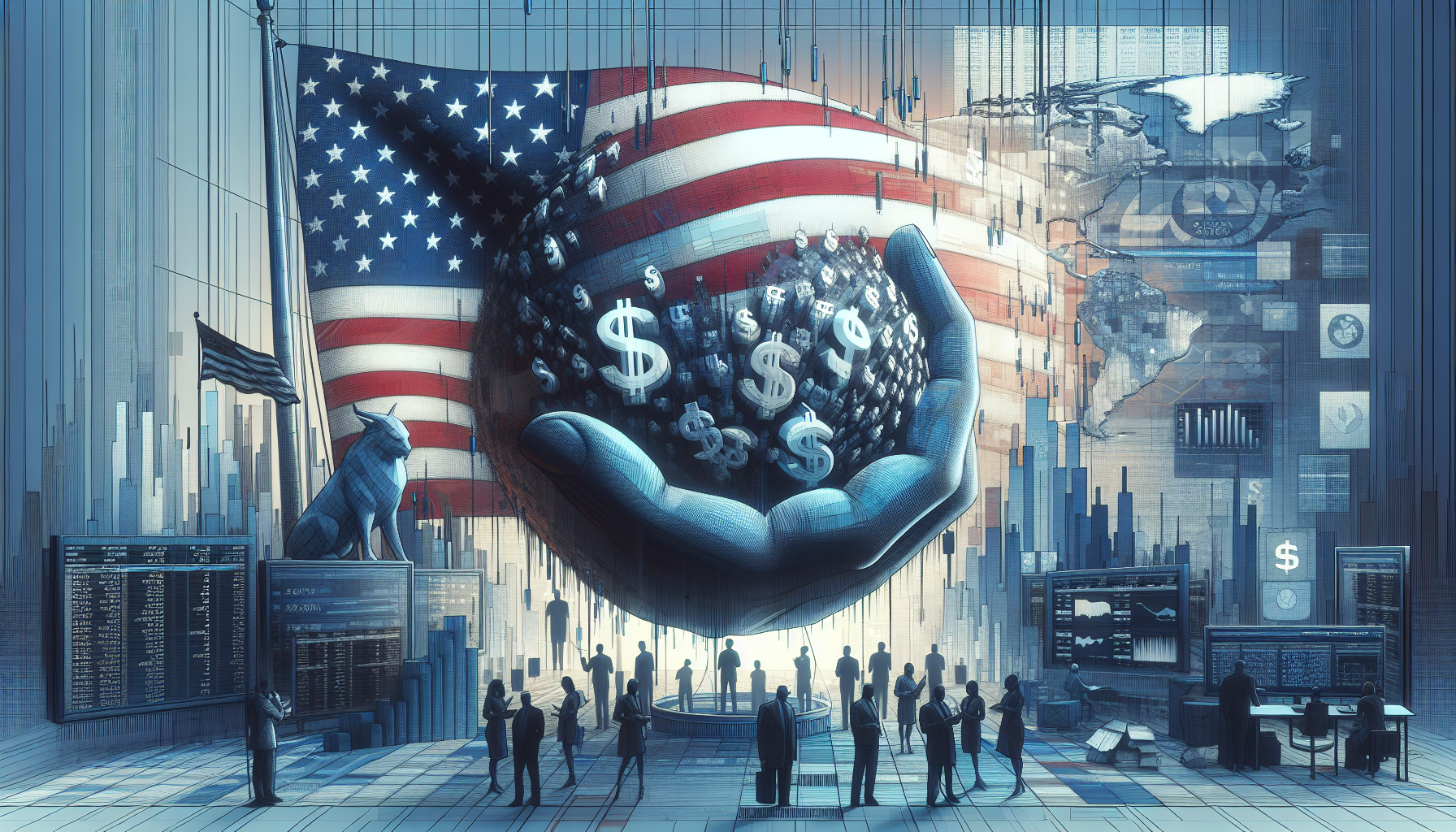The Indian stock market opened lower on Monday as US President Donald Trump announced his decision to impose a 25% tariff on all steel and aluminium imports, including those from Canada and Mexico. This move has triggered market volatility globally, affecting various sectors in India, particularly steel and metal stocks. During a press briefing aboard Air Force One on Sunday, Trump revealed that the new tariffs will take effect immediately.
Additional import duties are expected later in the week. The US President also warned of reciprocal tariffs, escalating trade tensions and sparking concerns over a potential global trade war. By 9:30 AM IST, the Sensex had dropped by 284.28 points (0.37%), while the Nifty declined by 87.95 points (0.37%).
The Indian Rupee (INR) also weakened by 53 paise to 87.95 against the US Dollar, reflecting increased uncertainty in global trade and currency markets. The tariff announcement heavily impacted Nifty Metal stocks, leading the losses. The pharmaceutical sector also took a hit, amid fears that the US tariffs could extend to pharma exports in the near future.
However, some sectors showed resilience amidst the market downturn.
US tariffs affect Indian markets
Nifty Auto and Nifty PSU Bank indices managed to stay in the green, bucking the broader negative trend.
Major gainers on the Nifty included Bharti Airtel, Britannia Industries, Hero MotoCorp, State Bank of India (SBI), and Kotak Mahindra Bank. Hindalco Industries was among the major losers. According to Hardik Matalia, Derivatives Analyst at Choice Broking, after a negative opening, Nifty could find support at 23,400 and 23,300.
On the upside, immediate resistance is at 23,700, with further resistance levels at 23,800 and 24,000. Bank Nifty may find support at 50,000, 49,700, and 49,500, while the resistance levels are expected at 50,300, 50,500, and 50,800. Asian stock markets showed mixed reactions to Trump’s tariff announcement.
While South Korean stocks remained stable as tech sector gains balanced losses in steel and auto stocks, concerns persist about the broader economic impact of the US administration’s protectionist policies. FIIs offloaded equities worth Rs 470 crore, reflecting caution amid growing trade tensions. In contrast, DIIs remained net buyers, purchasing equities worth Rs 454 crore.

